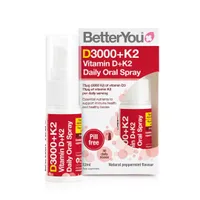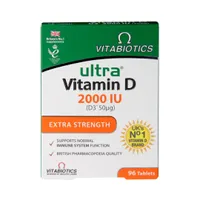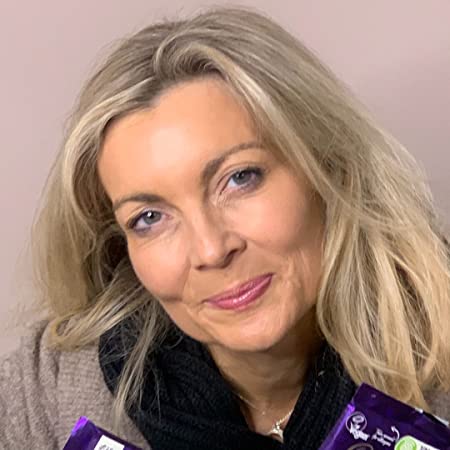You asked, we answered: so, when does menopause actually start?
Introducing your new monthly menopause column, Discussing Menopause, written by best-selling menopause author, Alice Smellie.
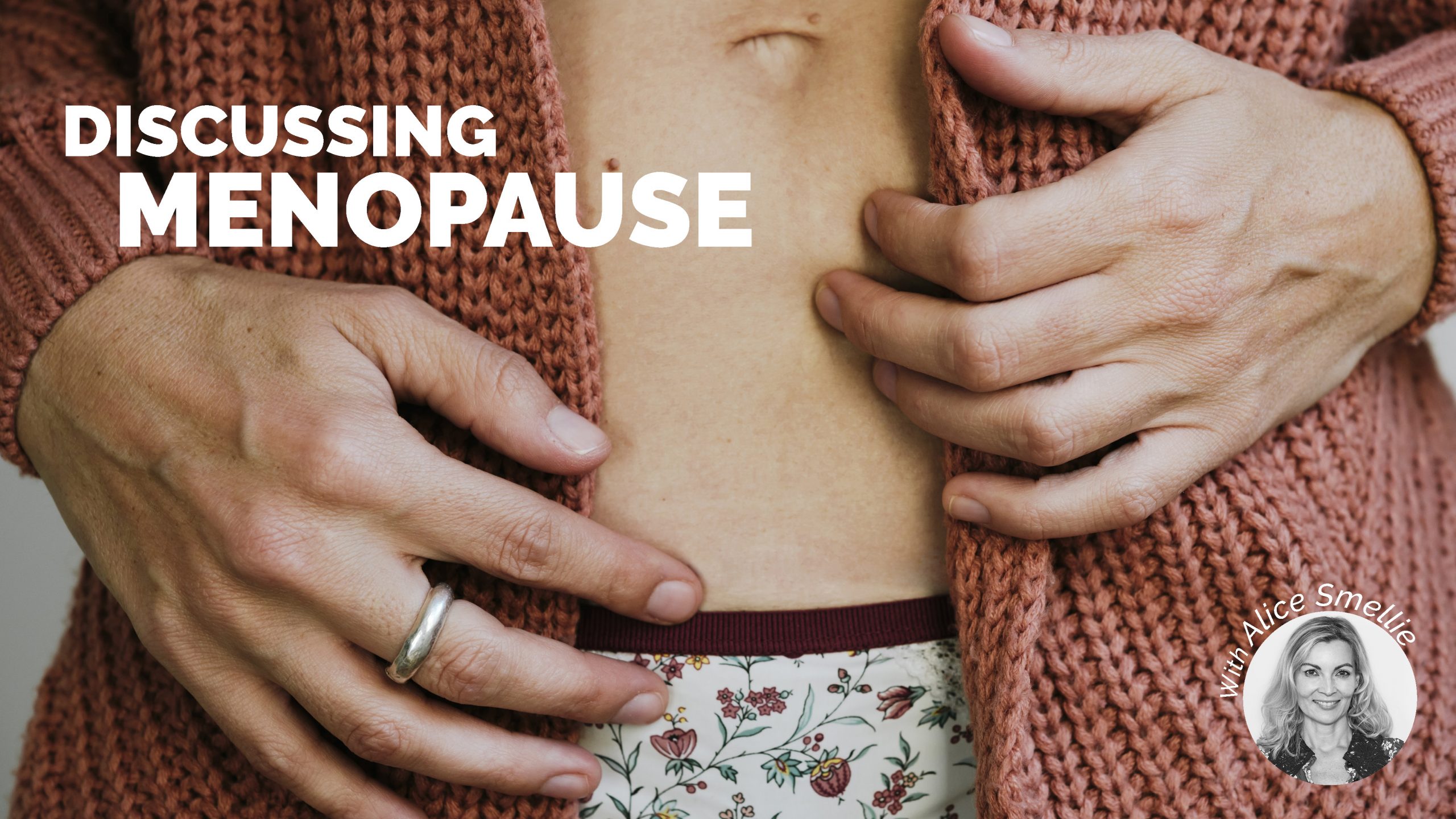
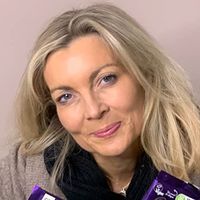
Introducing your new monthly menopause column, Discussing Menopause, written by best-selling menopause author, Alice Smellie.
Here, my team of industry experts and I answer the age-old question many women wonder: when does menopause start? And is it different for everyone?
Aged 37, a couple of years after my third baby, I noticed that my once regular as clockwork periods were suddenly out of kilter. I vaguely wondered why, but with three small children and a stressful job, I didn't dwell on it.
Over the next few years, my sleep fell off a cliff and my PMT became increasingly distressing (both to myself and those affected by my "irritability"). Then, three years ago. aged 46, I had a couple of menstrual cycles which were accompanied by crushing anxiety. I still had no idea what was going on.
Menopause is like the expanding universe, with no obvious beginning or end, and we all have very different experiences. You're said to have actually gone through menopause exactly twelve months after your last period - average age 51.
It's a retrospective diagnosis, and, I'd say, it's rare that a woman who knows exactly when this happens.
Absolute fact - most women will go through menopause. Then there's the moment, usually far earlier, at which you realise that your hormones are in a state of flux.
Perimenopause is the term used to describe the years leading up to that final moment, as your ovaries struggle to produce eggs and two hormones made by them - oestrogen and progesterone - start to go down. This is when menopause symptoms - of which there are over 50 - may start, as per NHS Inform. This generally happens in your early to mid-forties, but it can be earlier. These perimenopausal years are when most of us realise that things have started to go awry hormone-wise.
Celebrity news, beauty, fashion advice, and fascinating features, delivered straight to your inbox!
Incidentally, menopause before the age of forty affects one in every hundred women and is called Premature Ovarian Insufficiency (POI). Between forty and forty-five, it’s called early menopause and this will affect five percent of women.
Somewhat embarrassingly, as a health writer, my personal Eureka moment had to be spelled out by a couple of running friends, the presenter and journalist Mariella Frostrup, with whom I subsequently wrote a book about the subject, Cracking the Menopause, and another friend, who happens - helpfully - to be a menopause nurse. As we panted our way up a steep Somerset hill I confided my concerns. "It's definitely the start of menopause," said my nurse friend. "You need to see your GP," advised Mariella.
I've since learned that many women have this - months or years of vague suspicions and symptoms that are finally coalesced into "Oh, that's what's going on. I thought I was ill or going insane."
If you think it's all kicked off, here are some expert top tips.
1. Make a list
Are symptoms impacting your life? "Start documenting them and educate yourself on the lifestyle and HRT options that can help," advises menopause specialist Dr Juliet Balfour who runs an NHS menopause clinic. "When making an appointment at your surgery, ask the receptionists which health care professionals have a special interest in the menopause."
2. Look at the booze
"The first thing to go wrong is often your sleep," says nutritionist and creator of The Happy Menopause podcast, Jackie Lynch. "I recommend cutting down on alcohol, which is a huge sleep disruptor and a nightmare for hot flushes."
Either lose the booze entirely or have at least four consecutive nights off a week.
3. Take Vitamin D
Think about diet and supplements. Did you know? "Vitamin D is important for mood, mental health, calcium absorption and immune function and some studies suggest that deficiency might affect sleep," says Lynch. She recommends taking 1 - 2,000 IU every day all year round.
The darker your skin, the lower your levels are likely to be, as higher melanin makes it harder for the body to produce Vitamin D from sunshine, explain the experts at Nutrition.org.
I'd recommend trying the BetterYou D3000+K2 Oral Spray, a combination of vitamin D3 and vitamin K2 to support a healthy immune system and strong bones or the Vitabiotics Ultra Vitamin D which provides 2000IU a day.
BetterYou D3000+K2 Oral Spay, £6.40 | Amazon
Optimum strength pill-free vitamin D, just three sprays will give you 3000IU of Vitamin D. Plus, it has a natural peppermint flavour so tastes delicious.
Vitabiotics Ultra Vitamin D, £8.49 | Holland & Barrett
Just one tablet a day is needed for 2000IU of Vitamin D.
4. Move more
"It can be hard to motivate yourself to work out when you're experiencing peri or menopausal symptoms," says personal trainer Lavina Mehta MBE. "But exercise and mental health are linked, plus releasing endorphins will benefit you both mentally and physically."
It's officially recommended that we do 30 minutes of moderately intense cardio exercise five times a week and weight training at least twice a week, but she reminds us that any amount is a good idea.
"I promote my concept of exercise "snacking" - mindful movement in short, bite-size amounts throughout the day. Even a few minutes is beneficial."
Not sure where to start? Our guide to home workouts will help, or check out the workouts on her IG channel.
5. Read a good book
Knowledge is definitely power, and the more you know, the less surprising the entire thing will be.
I loved Dr Philippa Kaye's The M Word, Kate Muir's witty and brilliantly researched Everything You Need to Know about the Menopause and, of course, we're all excited about Davina McCall's much-anticipated Menopausing which is out on 15th September and available to pre-order.
Alice Smellie is a British health writer and co-writer of Cracking the Menopause. She writes a monthly column for Marie Claire UK, called Discussing Menopause, where she breaks down common menopause myths with some of the best experts in the business. She's also the co-founder of the campaign group Menopause Mandate.
